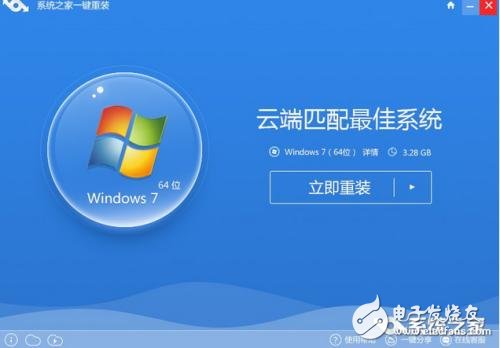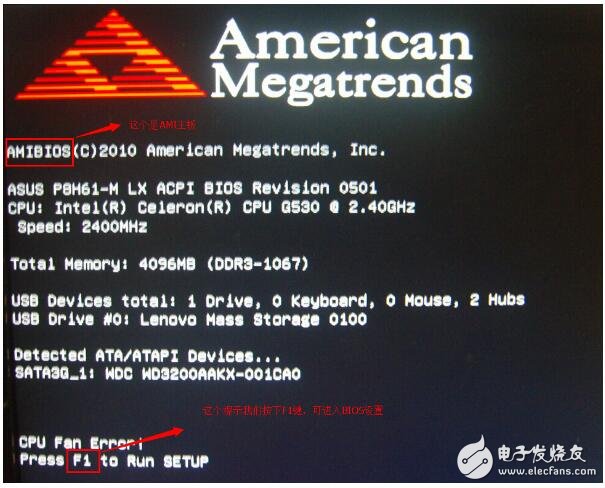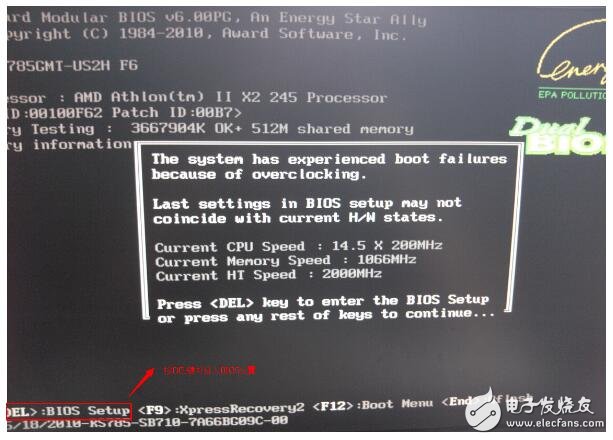**Bois Overview**
BIOS stands for "Basic Input Output System," which translates to "basic input and output system" in Chinese. It contains essential programs for basic input/output operations, system settings, post-boot self-tests, and system startup. BIOS provides the lowest-level and most direct control over computer hardware. In this article, we’ll walk you through how to enter the BIOS settings on a Windows 7 system.

Accessing the BIOS is crucial when installing an operating system or making hardware changes. However, many users are confused about how to enter the BIOS on their Windows 7 machines. The good news is that it's not complicated. Let’s go through the steps together.
**First, Use the Hotkey to Enter BIOS**
Different motherboard brands use different keys to access the BIOS during startup. Most commonly, these keys include F2, F10, DEL, or ESC. Here are some common examples:
- **HP**: Press F2 while booting
- **Sony**: Press F2 while booting
- **Dell**: Press F2 while booting
- **Acer**: Press F2 while booting
- **Toshiba**: Press ESC, then F1 when booting cold
- **Compaq**: Press F10 when the cursor flashes
- **Fujitsu**: Press F2 while booting
- **Most domestic and Taiwanese brands**: Press F2 during startup
For desktop computers, the standard key is usually **DEL**, though this can vary depending on the motherboard manufacturer.
**Second, Check the Boot Screen for BIOS Access Instructions**
When your computer starts up, the first screen often displays information about how to enter the BIOS. Some systems show a prompt like “Press DEL to enter Setup†or “Press F2 for BIOS.†Others may not display any message at all. If you're unsure, take a screenshot of the boot screen or note down any key suggestions.


**Reasons Why You Can’t Enter BIOS After Booting**
If you’re unable to enter the BIOS after starting your computer, here are some possible causes:
1. **Incorrect hotkey used** – Make sure you’re pressing the correct key for your specific device.
2. **Memory test takes too long** – Some BIOS settings might extend the memory check process, causing delays before the BIOS menu appears.
**Solutions to Enter BIOS Successfully**
1. **Identify your motherboard brand** – This will help you determine the correct key to press. You can look up the model number on the back of your case or check the manufacturer’s website.
2. **Use USB boot** – If you’re having trouble entering BIOS, try using a USB drive to temporarily boot from it.
3. **Adjust BIOS settings** – In the BIOS, look for the “Quick Power On Self Test†option. If it’s disabled, the system may perform multiple memory checks. Disable this setting and save your changes.
**How to Enter BIOS on a Desktop PC**
Here are the common methods to enter BIOS on a desktop:
- **Award BIOS**: Press **DEL**
- **AMI BIOS**: Press **DEL** or **ESC**
- **Phoenix BIOS**: Press **F2**
**Other Brands and Their BIOS Keys**
- **HP**: Press **F2** on startup
- **Sony**: Press **F2** on startup
- **Dell**: Press **F2** on startup
- **Acer**: Press **F2** on startup
- **Toshiba**: Press **ESC**, then **F1** when booting
- **Fujitsu**: Press **F2** on startup
- **IBM**: Press **F1** on cold boot; some models allow **F1** during restart
- **HP Compaq**: Press **F10** when the cursor blinks
- **Most domestic and Taiwanese brands**: Press **F2** on startup
If you're still having trouble, consider using a reliable system reinstallation tool like **System Home One-Click Reload Master**, which allows you to reinstall Windows 7, Windows 8, or even XP with just one click.
Nife Battery,48V 800Ah Nife Battery,Ni-Fe Battery 700~1200Ah,Ni-Fe Battery 700~1200Ah
Henan Xintaihang Power Source Co.,Ltd , https://www.taihangbattery.com
